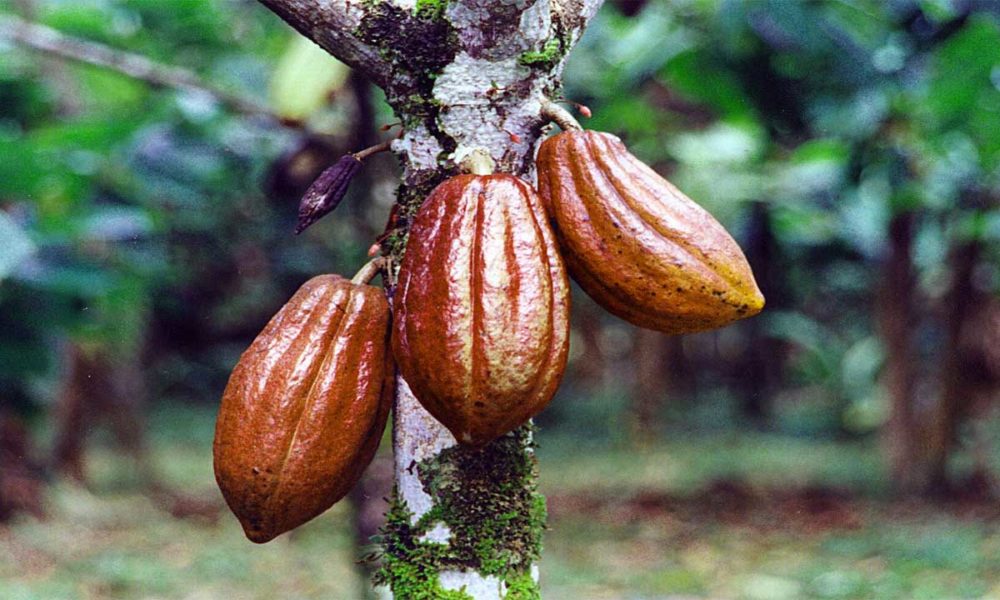Commodities
Economic Strain Halts Nigeria’s Cocoa Industry: From 15 Factories to 5

Once a bustling sector, Nigeria’s cocoa processing industry has hit a distressing low with operational factories dwindling from 15 to just five.
The cocoa industry, once a vibrant part of Nigeria’s economy, is now struggling to maintain even a fraction of its previous capacity.
The five remaining factories, operating at a combined utilization of merely 20,000 metric tons annually, now run at only 8% of their installed capacity.
This stark reduction from a robust 250,000 metric tons reflects the sector’s profound troubles.
Felix Oladunjoye, chairman of the Cocoa Processors Association of Nigeria (COPAN), voiced his concerns in a recent briefing, calling for an emergency declaration in the sector.
“The challenges are monumental. We need at least five times the working capital we had last year just to secure essential inputs,” Oladunjoye said.
Rising costs, especially in energy, alongside a cumbersome regulatory environment, have compounded the sector’s woes.
Farmers, who previously sold their cocoa beans to processors, now prefer to sell to merchants who offer higher prices.
This shift has further strained the remaining processors, who struggle to compete and maintain operations under the harsh economic conditions.
Also, multiple layers of taxation and high energy costs have rendered processing increasingly unviable.
Adding to the industry’s plight are new export regulations proposed by the National Agency for Food and Drug Administration and Control (NAFDAC).
Oladunjoye criticized these regulations as duplicative and detrimental, predicting they would lead to higher costs and penalties for exporters.
“These regulations will only worsen our situation, leading to more shutdowns and job losses,” he warned.
The cocoa processing sector is not only suffering from internal economic challenges but also from a tough external environment.
Nigerian processors are finding it difficult to compete with their counterparts in Ghana and Ivory Coast, who benefit from lower production costs and more favorable export conditions.
Despite Nigeria’s potential as a top cocoa producer, with a global ranking of the fourth-largest supplier in the 2021/2022 season, the industry is struggling to capitalize on its opportunities.
The decline in processing capacity and the industry’s current state of distress highlight the urgent need for policy interventions and financial support.
The government’s export drive initiatives, aimed at boosting the sector, seem to be falling short. With the industry facing over N500 billion in tied-up investments and debts, the call for a focused rescue plan has never been more urgent.
The cocoa sector remains a significant part of Nigeria’s economy, but without substantial support and reforms, it risks falling further into disrepair.